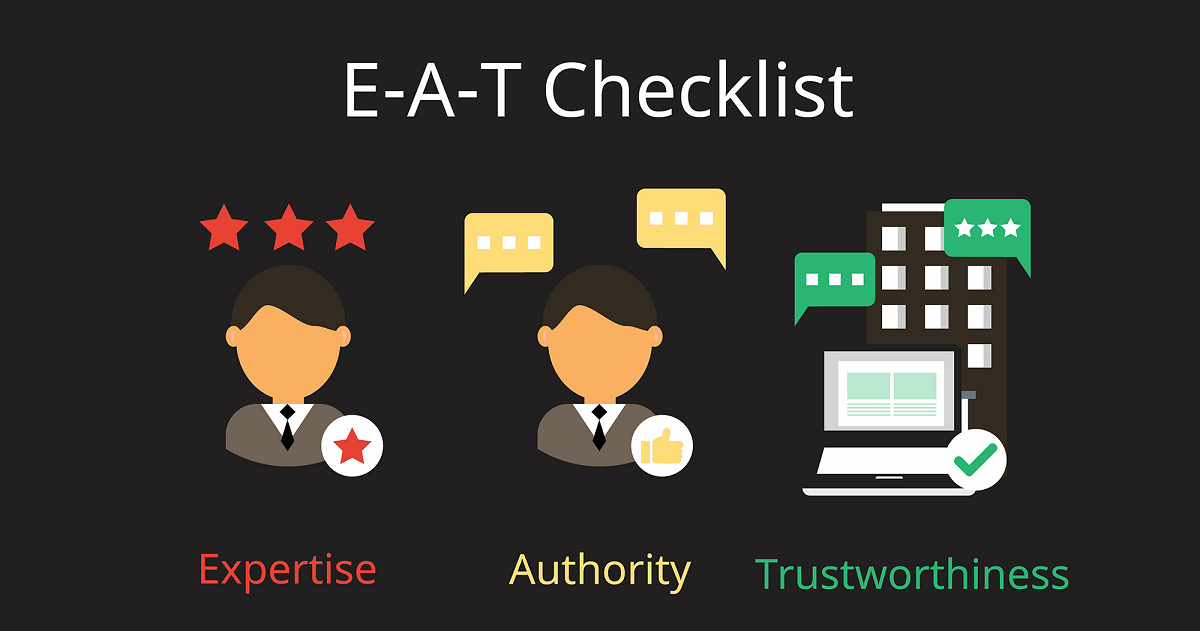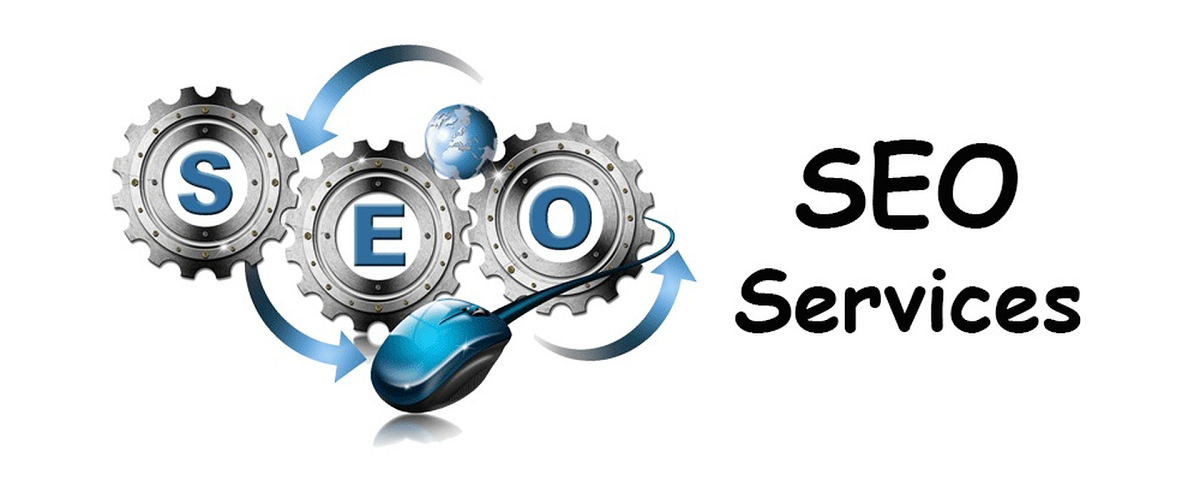BLOG
SEO Optimization Essential For Every Marketer

SEO optimization encompasses a range of techniques and best practices to improve your website's visibility on search engine results pages (SERPs). From optimizing your website's structure and content to building high-quality backlinks and understanding user intent, SEO plays a crucial role in driving organic traffic, increasing brand awareness, and boosting conversions.
In this blog, we'll delve into the fundamentals of SEO optimization, exploring why marketers need to master this art and how it can significantly impact your overall marketing strategy. Whether you're a seasoned marketer looking to enhance your digital skills or a newcomer eager to understand the intricacies of SEO, this guide will equip you with the knowledge and tools you need to succeed in the competitive online landscape.
Understanding SEO Optimization
Understanding SEO optimization is crucial for marketers looking to improve their online visibility and drive organic website traffic. SEO optimization involves strategies and techniques to enhance a website's ranking in search engine results pages (SERPs). This process includes optimizing on-page elements such as content, meta tags, URL structure, and off-page factors like backlinks and social signals.
By understanding how search engines crawl, index, and rank web pages, marketers can tailor their content and website structure to align with search engine algorithms, increasing their chances of appearing higher in relevant search queries. Effective SEO optimization improves visibility and enhances user experience and credibility, ultimately contributing to tremendous online success for businesses.
The Role Of SEO In Marketing Strategy
SEO plays a crucial role in any comprehensive marketing strategy. It acts as a cornerstone that supports and enhances various other marketing efforts. Here's how SEO contributes to a holistic marketing strategy:
- Driving Organic Traffic: SEO helps websites rank higher in search engine results pages (SERPs), leading to increased organic traffic. This traffic is valuable as it comprises users actively seeking information, products, or services related to your industry or offerings.
- Enhancing Brand Visibility and Authority: Ranking prominently for relevant keywords drives traffic and improves brand visibility and credibility. Users tend to trust websites that appear at the top of search results, which can positively impact brand perception.
- Complementing Content Marketing: SEO and content marketing go hand in hand. SEO helps identify target keywords and optimize content to rank for those keywords. Quality content that aligns with SEO best practices can attract and engage users, driving traffic and conversions.
- Supporting Local and Global Reach: For businesses targeting local or global audiences, SEO can be tailored to optimize for specific geographical locations or languages. This localization ensures that your content reaches the right audience at the right time.
- Improving User Experience (UX): SEO involves optimizing various aspects of a website, such as site structure, navigation, and page speed. These optimizations help search engines crawl and index your site more effectively and improve the overall user experience, leading to higher engagement and lower bounce rates.
- Driving Conversions and ROI: By targeting relevant keywords and optimizing for user intent, SEO can drive qualified traffic that is more likely to convert. This can lead to a higher return on investment (ROI) than other marketing channels.
- Adapting to Changing Consumer Behavior: As consumer behavior and search engine algorithms evolve, SEO strategies need to adapt accordingly. This agility in responding to market trends and algorithm updates is crucial for maintaining competitiveness in the digital landscape.
In summary, SEO is not just about ranking higher in search results; it's about aligning your online presence with user intent, providing valuable content, and enhancing overall marketing efforts to achieve long-term success.
Key SEO Optimization Techniques
- Keyword Research: Identify relevant keywords and phrases your target audience is searching for. Use tools like Google Keyword Planner, SEMrush, or Ahrefs to find keywords with high search volume and low competition.
- On-Page Optimization: Optimize your website's content and HTML source code for targeted keywords. This includes optimizing title tags, meta descriptions, headings, and content structure. Ensure your content is valuable, relevant, and engaging for users.
- Content Creation and Optimization: Create high-quality, relevant, and valuable content that aligns with user intent. Use your targeted keywords naturally within your content. Consider incorporating multimedia elements like images, videos, and infographics to enhance user experience.
- Technical SEO: Improve your website's technical aspects to enhance its crawlability, indexability, and user experience. This includes optimizing site speed, mobile-friendliness, URL structure, internal linking, and fixing broken links or redirects.
- Link Building: Earn high-quality backlinks from reputable and relevant websites. Focus on natural link-building tactics such as guest blogging, influencer outreach, and creating shareable content that naturally attracts links.
- Local SEO: If you have a local business, optimize your website for local search by claiming and optimizing your Google My Business listing, obtaining local citations, and garnering positive online reviews.
- User Experience (UX) Optimization: Ensure your website provides a seamless and positive user experience. This includes easy navigation, clear call-to-actions, mobile responsiveness, and fast loading times.
- Analyzing and Improving: Regularly analyze your SEO performance using tools like Google Analytics and Google Search Console. Use these insights to make data-driven decisions and continually improve your SEO strategy.
These foundational SEO techniques can help improve your website's visibility and rankings in search engines. Remember that SEO is an ongoing process that requires continuous monitoring and optimization.
Measuring SEO Success
Measuring the success of your SEO efforts is crucial for understanding the impact of your strategies and making informed decisions. Here are key metrics to track:
- Organic Traffic: Monitor the traffic coming to your website from organic search results. An increase in organic traffic indicates improved visibility and relevance in search engines.
- Keyword Rankings: Keep track of your website's rankings for target keywords. Rising rankings for relevant keywords signify improved SEO performance.
- Click-Through Rate (CTR): Analyze the CTR of your organic search results. A higher CTR indicates that your titles and meta descriptions are compelling and relevant to users.
- Conversion Rates: Measure the percentage of visitors who complete a desired action on your website, such as purchasing or filling out a form. Improved conversion rates show that your SEO efforts are attracting quality traffic.
- Bounce Rate: Monitor the percentage of visitors who leave your website after viewing only one page. A lower bounce rate suggests that visitors engage with your content and find it valuable.
- Backlink Profile: Assess the quality and quantity of backlinks to your website. A diverse and authoritative backlink profile can positively impact your search engine rankings.
- Page Load Speed: Check the speed at which your web pages load, as it can affect user experience and search engine rankings. Faster-loading pages tend to rank higher in search results.
- Mobile-Friendly Design: Evaluate how well your website performs on mobile devices. With Google's mobile-first indexing, a mobile-friendly design is crucial for SEO success.
By regularly monitoring these metrics and analyzing trends over time, you can gauge the effectiveness of your SEO strategies and make adjustments to improve your results.
The Future Of SEO
The search engine optimization (SEO) field is constantly evolving, driven by changes in search engine algorithms, user behavior, and technological advancements. As marketers look to the future, several trends and developments are shaping the future of SEO:
- Artificial Intelligence and Machine Learning: AI and machine learning algorithms play an increasingly significant role in how search engines rank and interpret content. Google's RankBrain, for example, uses machine learning to understand the context and intent behind search queries, impacting how pages are ranked in search results.
- Voice Search Optimization: With the rise of voice-enabled devices and virtual assistants, voice search is becoming more prevalent. Marketers need to optimize their content for natural language queries and long-tail keywords that align with how people speak rather than type.
- User Experience (UX) Signals: Search engines emphasize user experience signals, such as page load speed, mobile-friendliness, and user engagement metrics. Websites that prioritize UX are likely to rank higher in search results.
- E-A-T (Expertise, Authoritativeness, Trustworthiness): Google's guidelines emphasize demonstrating expertise, authoritativeness, and trustworthiness in content. Building credibility and trust with high-quality, authoritative content is crucial for SEO success.
- Mobile-First Indexing: With Google's shift to mobile-first indexing, websites must ensure their mobile versions are optimized for search. Mobile-friendly design and fast loading times are critical for ranking well in mobile search results.
- Local SEO and Hyperlocal Targeting: As local search becomes more prominent, especially with the growth of "near me" searches, businesses must focus on local SEO strategies. Optimizing for local keywords, creating Google My Business listings, and obtaining local citations are essential for visibility in local search results.
- Video and Visual Search Optimization: Video content and visual search popularity is rising. Marketers should optimize their videos for search engines by using relevant keywords in titles, descriptions, and tags. Visual search optimization involves optimizing images with descriptive alt text and structured data markup.
- Content Quality and Relevance: High-quality, relevant content remains a cornerstone of SEO. Marketers should focus on creating in-depth, valuable content that meets the needs of their target audience and aligns with search intent.
- Technical SEO and Core Web Vitals: Technical SEO is crucial for ensuring that websites are crawlable, indexable, and technically sound. Google's Core Web Vitals, which measure user experience metrics like page speed, interactivity, and visual stability, are becoming increasingly important ranking factors.
- Privacy and Data Protection: With growing concerns around privacy and data protection, search engines emphasize secure websites (HTTPS), data privacy compliance (GDPR, CCPA), and ethical data practices.
As SEO continues to evolve, marketers must adapt to these trends and developments to stay competitive and maintain visibility in search engine results pages.
Conclusion
By understanding and implementing SEO best practices, marketers can significantly enhance their online presence and drive organic website traffic. This improves brand visibility and increases the likelihood of converting visitors into customers.
Moreover, SEO optimization goes beyond just keyword research and content creation. It involves technical aspects such as website speed, mobile-friendliness, and secure browsing, essential for providing a seamless user experience.
In a competitive digital landscape, staying ahead requires staying on top of SEO trends and algorithm updates. Marketers who invest in continuous learning and optimization strategies will survive and thrive in the ever-evolving world of digital marketing. SEO optimization is not just an option; it's an essential tool for every marketer looking to succeed in the digital age.
SEO optimization encompasses a range of techniques and best practices to improve your website's visibility on search engine results pages (SERPs). From optimizing your website's structure and content to building high-quality backlinks and understanding user intent, SEO plays a crucial role in driving organic traffic, increasing brand awareness, and boosting conversions.
In this blog, we'll delve into the fundamentals of SEO optimization, exploring why marketers need to master this art and how it can significantly impact your overall marketing strategy. Whether you're a seasoned marketer looking to enhance your digital skills or a newcomer eager to understand the intricacies of SEO, this guide will equip you with the knowledge and tools you need to succeed in the competitive online landscape.











